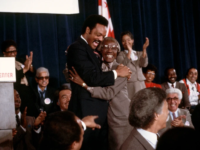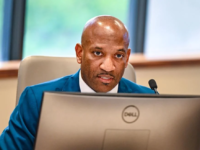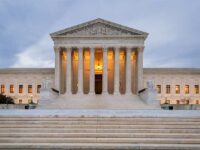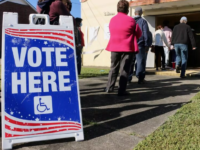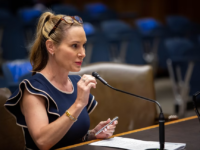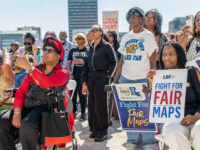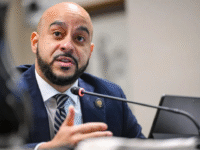BATON ROUGE, La. – Thirteen men who collectively spent 644 years in Louisiana prisons for crimes they didn’t commit gathered earlier this month at the Main Library in Baton Rouge to spotlight systemic failures in the state’s criminal justice system. The event, titled Exonerated Voices and moderated by Southern University law professor Angela Allen-Bell, featured powerful firsthand accounts of wrongful convictions, prosecutorial misconduct, judicial bias, and the challenges of post-prison life.
The panelists, all exonerated over the past decade, described a justice system where coerced confessions, buried evidence, and under-resourced defense counsel were routine. Several detailed how prosecutors withheld exculpatory evidence and manipulated timelines—practices rarely punished due to prosecutorial immunity. Others recalled judges openly siding with the prosecution, even when forensic evidence pointed to their innocence.
“People think the system makes mistakes,” said Robert Jones, who spent more than two decades incarcerated. “But this isn’t about mistakes. It’s about patterns.”
Beyond conviction, many described dehumanizing conditions in prison, including forced agricultural labor at Angola and other facilities, which several compared to slavery. One speaker, Elvis Brooks, recalled picking cotton under armed guard. “It wasn’t rehabilitation,” he said. “It was exploitation.”
Reentry has brought its own challenges. Some were released with no compensation, no job history, and no housing. Louisiana law caps compensation for wrongful convictions at $400,000 — regardless of time served — and exonerees often face long legal battles even to receive that. Others described being pressured into plea deals to secure release, despite proof of their innocence.
“There’s no way to get those years back,” said Sullivan Walter, who was imprisoned from age 17 to 53. “You come out a stranger in your own life.”
Allen-Bell, author of Under Indictment, contextualized the men’s experiences within the broader history of Louisiana’s legal system, referencing both 19th-century warnings about pre-trial detentions and modern rulings criticizing Orleans Parish’s failure to disclose evidence. Former Chief Justice Bernette Johnson’s past criticism of Louisiana’s “assembly line” justice model was echoed throughout the panel.
Though deeply personal, the stories presented a strikingly consistent narrative: a criminal system heavily weighted toward conviction, with few safeguards to prevent or correct error. Several panelists emphasized the need for greater accountability—particularly for prosecutors and judges—and urged the public to serve on juries, vote in judicial elections, and support reform organizations.
The event concluded with a call to support groups like the Innocence Project New Orleans, the Freedom Foundation, and re-entry efforts led by exonerees themselves.
“The courts talk about justice,” said exoneree Jerome Morgan. “We lived the reality of what happens when it’s denied.”



